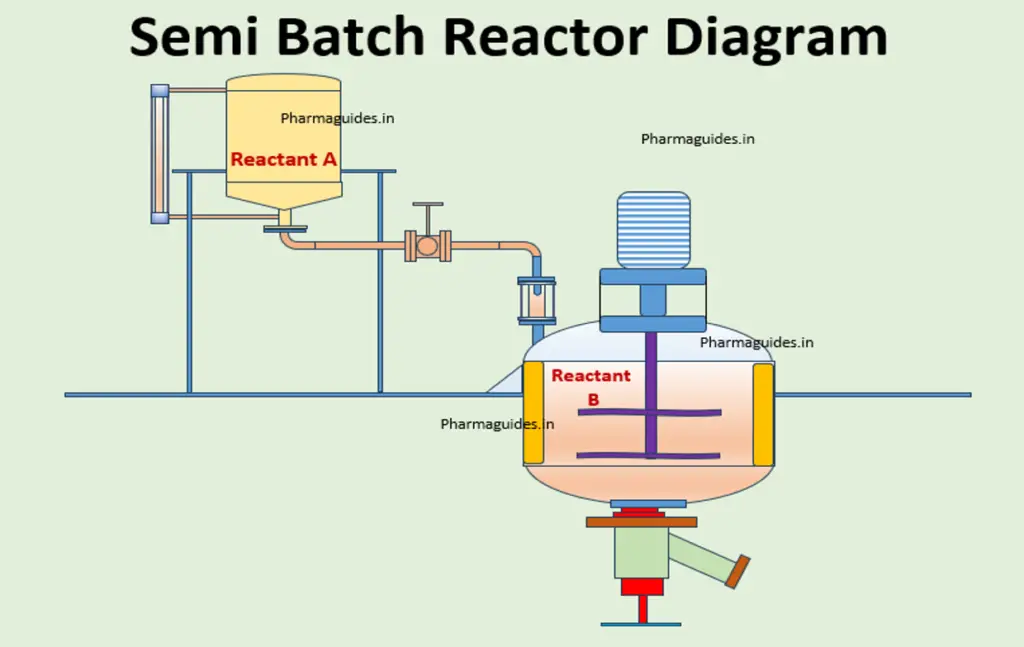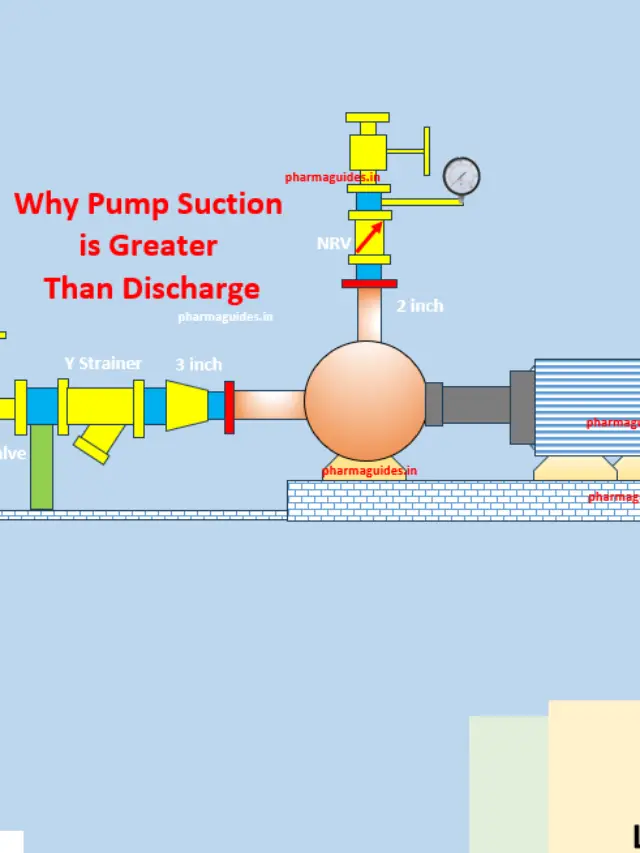Article Contents
why is renewable energy important for the future
Introduction
why is renewable energy important for the future? :-As we stand at the precipice of the 21st century, the importance of renewable energy for our future cannot be overstated. Rapid industrialization and urbanization have brought remarkable advancements, but they have also exacerbated environmental challenges, such as climate change, air pollution, and resource depletion. In contrast, renewable energy sources, such as solar, wind, hydro, geothermal, and biomass, offer a promising and sustainable alternative to meet our energy demands without further harming the planet. This article discusses the compelling reasons why renewable energy is crucial for our future and outlines the key benefits it brings to humanity and the environment.
- Mitigating Climate Change
One of the most pressing reasons for transitioning to renewable energy is its potential to mitigate climate change. Fossil fuels, like coal, oil, and natural gas, are the primary culprits behind greenhouse gas emissions, which trap heat in the Earth’s atmosphere and lead to global warming. Renewable energy sources produce little to no greenhouse gases during operation, offering a clean alternative to conventional energy production. By reducing carbon emissions, we can limit the extent of climate change and protect future generations from its devastating impacts, such as rising sea levels, extreme weather events, and disrupted ecosystems.

- Energy Security and Independence
Renewable energy enhances energy security and independence for nations. Relying on finite fossil fuel reserves leaves countries vulnerable to geopolitical tensions and price fluctuations. In contrast, renewable energy sources are abundant and widely distributed, allowing nations to tap into their own resources and reduce their dependence on foreign energy imports. This promotes energy self-sufficiency, reducing the risk of energy-related conflicts and bolstering economic stability.
- Environmental Preservation
The extraction, transportation, and combustion of fossil fuels cause substantial environmental damage. Oil spills, mountaintop removal mining, and air pollution are just a few examples of the detrimental impacts of fossil fuel usage. On the other hand, renewable energy technologies have minimal environmental impact. Solar panels harness energy from sunlight, wind turbines generate power from the wind, and hydroelectric plants use the flow of water to produce electricity. By embracing renewable energy, we can protect ecosystems, preserve biodiversity, and ensure cleaner air and water for all living organisms.
- Job Creation and Economic Growth
The transition to renewable energy presents tremendous economic opportunities. Renewable energy industries are labor-intensive and can create a substantial number of jobs in manufacturing, installation, maintenance, and research and development. As the demand for clean energy increases, investment in renewable technologies will spur economic growth, foster innovation, and stimulate sustainable development across various sectors. By investing in renewable energy, governments can drive prosperity while simultaneously addressing climate and environmental challenges.
- Health Benefits
Phasing out fossil fuels in favor of renewable energy can significantly improve public health. Burning fossil fuels releases harmful pollutants, such as particulate matter, nitrogen oxides, and sulfur dioxide, which contribute to respiratory diseases, cardiovascular problems, and premature mortality. Embracing renewable energy reduces the burden of air pollution on society, leading to healthier communities and reduced healthcare costs.
- Technological Advancements
The transition to renewable energy encourages innovation and technological advancements. As the demand for renewable technologies grows, so does the need for more efficient, cost-effective, and scalable solutions. This drives research and development in various scientific fields, leading to breakthroughs that benefit not only the energy sector but also other industries and applications.
what is the best renewable energy source for the future
what is the best renewable energy source for the future are as bellow,
- Solar Energy: Solar energy is one of the most promising renewable energy sources for the future. It is abundant and widely available, with the potential to meet a significant portion of the world’s energy needs. Photovoltaic (PV) panels convert sunlight into electricity, while solar thermal systems use the sun’s heat for various applications. Solar energy can be harnessed at various scales, from rooftop installations to large solar farms. Advancements in solar technology and decreasing costs have made it increasingly competitive, what is the best renewable energy source for the future.
- Wind Energy: Wind power is another crucial renewable energy source with vast potential. Wind turbines convert the kinetic energy of the wind into electricity, and wind power is already a leading source of renewable electricity generation globally. Wind farms can be established onshore and offshore, taking advantage of strong wind resources in specific regions. Wind energy is scalable and has the advantage of being available 24/7, making it a stable and reliable power source.
- Hydropower: Hydropower has been in use for many decades and remains an essential renewable energy source. It involves using the flow of water in rivers or dams to generate electricity. Large hydropower plants can provide substantial electricity generation and grid stability. However, small-scale and run-of-the-river hydropower projects offer more environmentally friendly alternatives, reducing impacts on river ecosystems, what is the best renewable energy source for the future.
- Geothermal Energy: Geothermal energy harnesses heat from the Earth’s core to generate electricity or provide heating and cooling for buildings. It is highly reliable and available 24/7, making it a stable energy source. Geothermal power plants have a small land footprint and emit minimal greenhouse gases. Geothermal resources are more concentrated in specific regions, but with advancements in technology, it has the potential for broader applications.
- Biomass Energy: Biomass energy involves using organic materials such as agricultural residues, wood, and organic waste to produce electricity or heat. Biomass is versatile and can be used in various forms, including biogas, biofuels, and wood pellets. It can help reduce waste and utilize organic materials, but sustainable sourcing is crucial to avoid negative impacts on land use and biodiversity.
- Tidal and Wave Energy: Tidal and wave energy harness the movement of ocean tides and waves to generate electricity. While still in the early stages of development, these technologies have great potential and offer a predictable and consistent energy source in coastal regions with strong tidal currents and significant wave activity.
why renewable energy is the future
Renewable energy is of paramount importance for the future due to the following compelling reasons:
- Mitigating Climate Change: Renewable energy sources produce little to no greenhouse gas emissions during operation. Unlike fossil fuels, which release carbon dioxide and other pollutants, renewable energy helps reduce the concentration of greenhouse gases in the atmosphere. By transitioning to renewables, we can curb global warming, limit climate change impacts, and work towards achieving the goals set out in international agreements, such as the Paris Agreement, what is the best renewable energy source for the future.
- Sustainable Resource Management: Fossil fuels are finite resources, and their extraction leads to environmental degradation and geopolitical tensions. In contrast, renewable energy sources, such as solar, wind, and hydro, are virtually inexhaustible and abundant. Embracing renewables allows us to adopt a sustainable approach to energy production, ensuring that future generations can meet their energy needs without depleting essential resources.
- Energy Security and Independence: Relying heavily on fossil fuel imports makes countries vulnerable to price fluctuations and geopolitical conflicts. Embracing renewable energy sources enhances energy security by diversifying the energy mix and reducing dependence on foreign imports. It empowers nations to harness their own resources and become more energy self-sufficient, why renewable energy is the future.
- Environmental Preservation: Renewable energy technologies have significantly lower environmental impacts compared to fossil fuels. Burning coal, oil, and natural gas releases pollutants that harm air quality, water bodies, and ecosystems. In contrast, renewable energy technologies produce little pollution, minimizing damage to the environment and wildlife.
- Job Creation and Economic Growth: The transition to renewable energy opens up new economic opportunities. Renewable energy industries, such as solar and wind, require a substantial workforce for manufacturing, installation, maintenance, and research. This generates jobs and stimulates economic growth, contributing to a sustainable and inclusive economyx, why renewable energy is the future.
- Health Benefits: Fossil fuel combustion leads to air pollution, which causes respiratory and cardiovascular diseases, among other health problems. Shifting to renewable energy sources reduces harmful emissions, improving air quality and public health. Fewer pollution-related illnesses translate to reduced healthcare costs and better quality of life for communities.
- Technological Advancements: Investing in renewable energy drives technological innovation and research. As demand for cleaner energy solutions grows, there is increased incentive to develop more efficient and cost-effective renewable technologies. These innovations can have spillover effects, leading to advancements in various industries and enhancing overall technological progress.
- Energy Access in Remote Areas: Renewable energy can be harnessed in remote regions that are not connected to centralized power grids. Solar panels, wind turbines, and micro-hydro projects can provide electricity to off-grid communities, improving living conditions and promoting development in these areas.
- Energy Efficiency: Integrating renewable energy with energy-efficient technologies and practices maximizes the impact of clean energy. By reducing overall energy consumption through efficiency measures, the demand for both renewable and non-renewable energy sources can be minimized, contributing to a more sustainable energy future.
People also ask
Question 1: What is the difference between renewable and non-renewable energy?
Answer: The main difference between renewable and non-renewable energy lies in their source and availability. Renewable energy is derived from natural resources that are constantly replenished, such as sunlight, wind, water, and biomass. These resources are essentially infinite and will not deplete over time. Non-renewable energy, on the other hand, is obtained from finite resources, such as coal, oil, natural gas, and uranium. These resources take millions of years to form and cannot be replaced once they are depleted.
Question 2: Is non-renewable energy better?
Answer: Whether non-renewable energy is considered “better” depends on the context and the specific criteria used for evaluation. Non-renewable energy sources have historically been the backbone of global energy production due to their high energy density and ease of extraction. However, they come with significant environmental and social drawbacks. The extraction and burning of fossil fuels lead to greenhouse gas emissions, air pollution, and environmental degradation. In the long term, non-renewable energy sources are not sustainable as they will eventually run out, leading to energy insecurity. Therefore, many consider renewable energy as a better long-term solution for a sustainable energy future.
Question 3: Why is non-renewable energy better than renewable energy?
Answer: Non-renewable energy is not inherently better than renewable energy, especially when considering long-term sustainability and environmental impacts. Non-renewable energy sources have been dominant for centuries due to their historic availability and energy density, but this has come at a cost. The continued reliance on non-renewable energy sources contributes to climate change, air pollution, habitat destruction, and resource depletion. Transitioning to renewable energy offers numerous benefits, including reducing greenhouse gas emissions, enhancing energy security, and promoting sustainable resource management.
Question 4: What are 10 advantages of renewable energy?
Answer:
- Climate Change Mitigation: Renewable energy sources produce little to no greenhouse gas emissions, helping combat climate change and reduce the carbon footprint.
- Energy Security: Harnessing local renewable resources promotes energy independence and reduces reliance on foreign energy imports.
- Sustainable Resource Management: Renewable energy sources are replenished naturally, ensuring a continuous and sustainable energy supply for future generations.
- Environmental Preservation: Renewable energy technologies have minimal environmental impacts compared to fossil fuels, preserving ecosystems and biodiversity.
- Job Creation and Economic Growth: The renewable energy sector creates jobs across various fields, stimulating economic growth and fostering innovation.
- Reduced Air Pollution: Renewable energy technologies do not emit harmful pollutants, leading to improved air quality and better public health.
- Technological Advancements: Investing in renewable energy drives technological innovation, leading to advancements in various industries beyond energy.
- Energy Access in Remote Areas: Renewable energy can provide electricity to off-grid and remote communities, improving living conditions and promoting development.
- Lower Operating Costs: Once installed, renewable energy systems often have lower operating and maintenance costs compared to conventional power plants.
- Global Energy Equity: Renewable energy can be harnessed locally, promoting energy equity and reducing disparities between developed and developing regions.
These advantages demonstrate why renewable energy is a critical component of a sustainable and environmentally friendly energy future. i hope you understand that why renewable energy is the future .
Conclusion
Renewable energy is undeniably crucial for our future. Its potential to mitigate climate change, enhance energy security, preserve the environment, create jobs, improve public health, and drive technological progress makes it a compelling and sustainable path forward. Governments, businesses, and individuals must work collaboratively to accelerate the adoption of renewable energy sources and invest in the infrastructure required for a cleaner, greener, and more prosperous future for generations to come. By embracing renewable energy, we can forge a world that thrives on sustainable practices, leaving behind a lasting legacy of environmental stewardship and responsible energy consumption.
Read Also,
10 differences between renewable and non renewable













